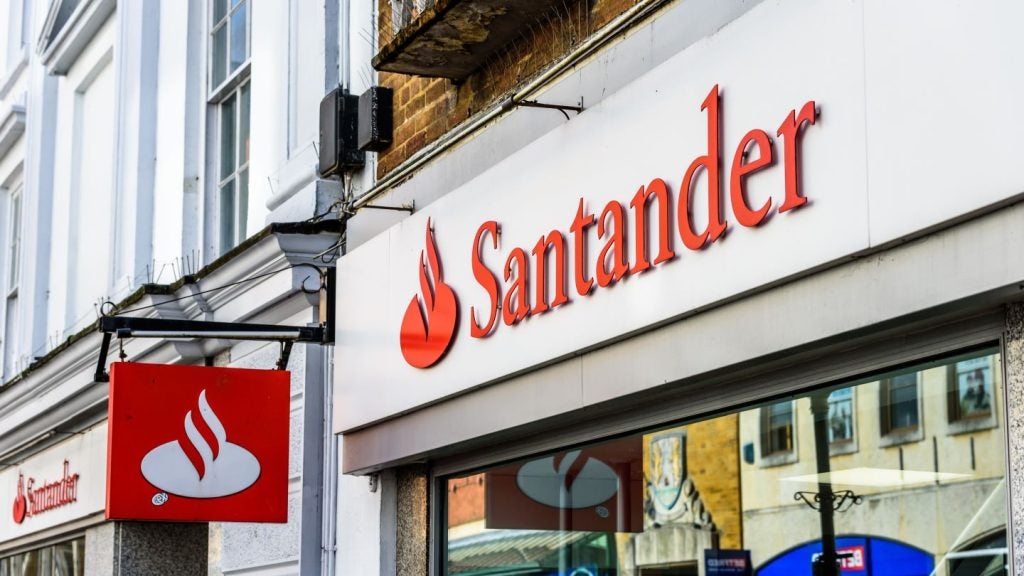
Helsinki, Finland-based Certior, an investor in funds providing credit to SMEs, has backed the UK as one its key market following the creation of a new €300m (£266m) fund, according to reports by City A.M.
Certior will also play a direct role investing in certain deals.
Partners declined to comment to City A.M. on the latest fund, but stated they would continue with their established strategy.
Founder Ari Jauho said: “The UK is a deep market – good regulation, a lot of companies … Brexit is not really a concern for us, as we’re looking at smaller, domestic businesses.”
Partner Guy Waller added that “very little money” was currently going into direct SME lending, and that traditional investors cannot tell the difference with private equity, inevitably investing into higher risk sectors.
But in the smaller end of the market, “you can get high cash yield, conservative capital structures, less leverage, covenants are stronger and there are hundreds of thousands of companies,” he said.
How well do you really know your competitors?
Access the most comprehensive Company Profiles on the market, powered by GlobalData. Save hours of research. Gain competitive edge.

Thank you!
Your download email will arrive shortly
Not ready to buy yet? Download a free sample
We are confident about the unique quality of our Company Profiles. However, we want you to make the most beneficial decision for your business, so we offer a free sample that you can download by submitting the below form
By GlobalDataJauho stated that although a “fund of funds” means an additional layer of fees for investors, net returns for the firm’s first fund were actually higher than if investors had directly dealt with the underlying funds, also thanks to co-investments.







